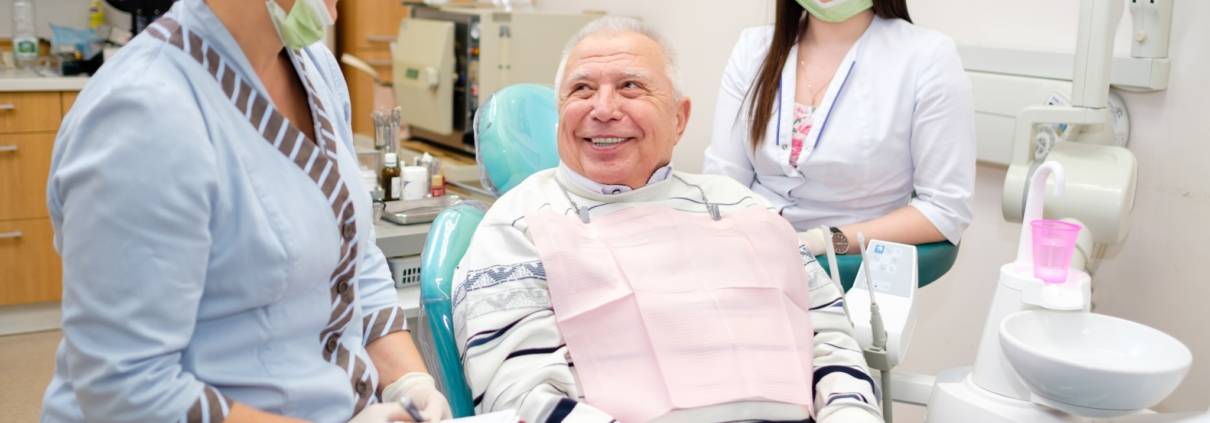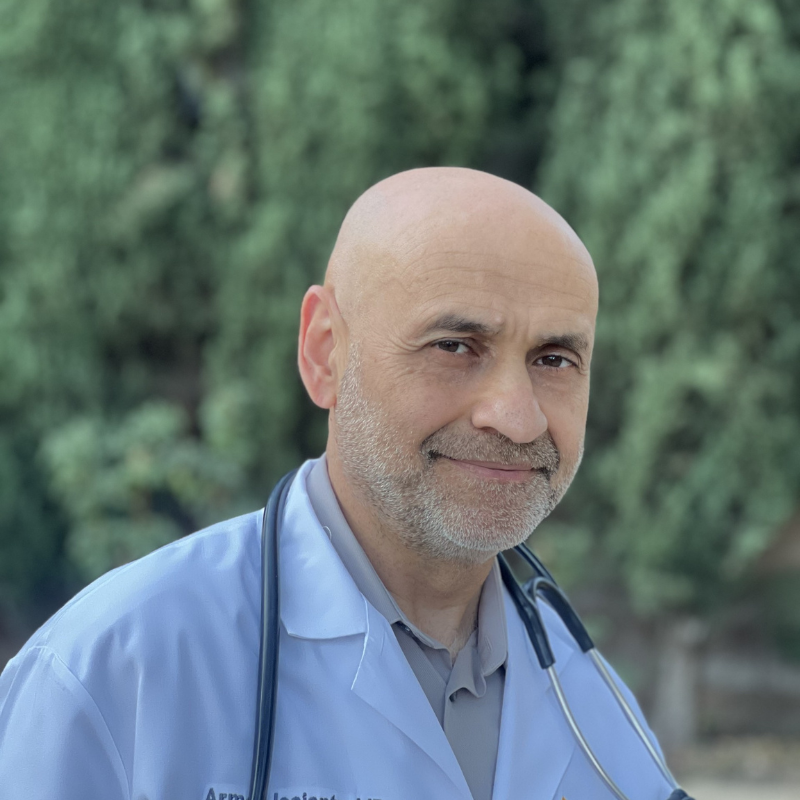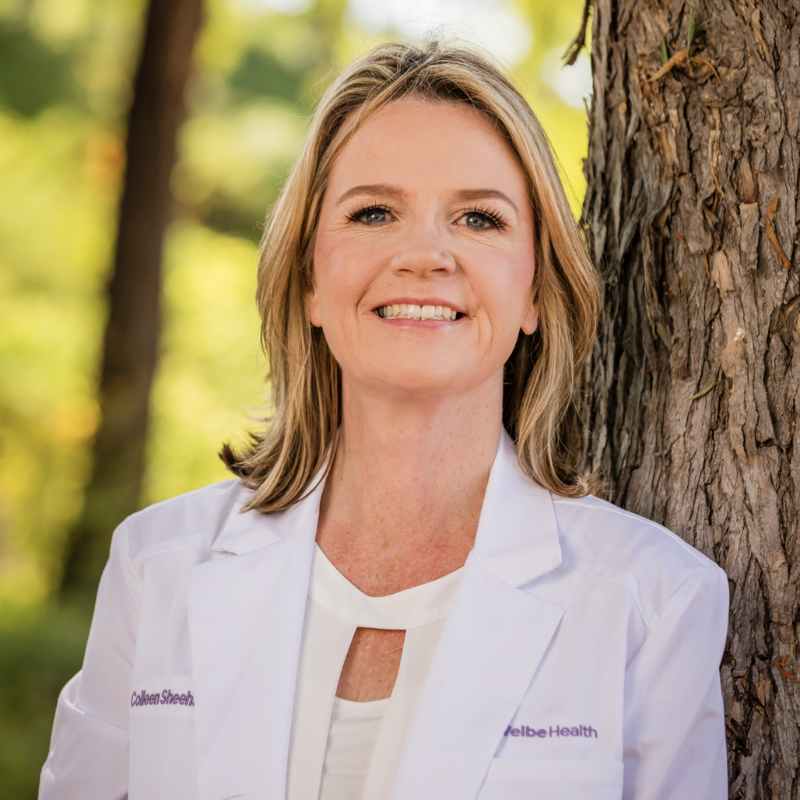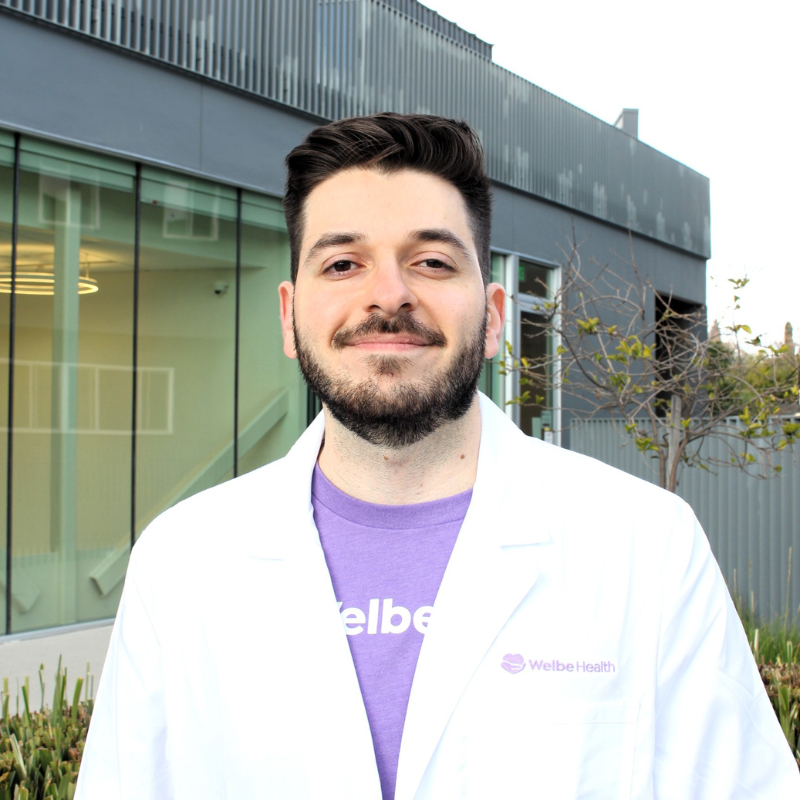Why Senior Oral Health Matters in Golden Years
Keeping your pearly whites cared for is critical at any age, but especially in your golden years. Good senior oral health and a smile boosts your confidence, keeps you enjoying nutritious foods, and promotes good health. Although Medicare doesn’t cover routine dental care, it’s important to visit your dentist regularly and to keep up with your at-home care to prevent serious oral issues.
Common Oral Health Concerns for Older Adults
Decay in your mouth can impact other parts of your body, including your heart and lungs. Good senior oral health can keep these common health issues at bay.
- Gum Disease – According to the CDC, 70 percent of Americans age 65 and older have periodontal (gum) disease gum. Gum disease develops when bacteria in the mouth infect the gums. Risk factors for gum disease include smoking, crooked teeth, diabetes, and poor oral hygiene.
- Tooth Loss – As children, we proudly flash our toothless grins. But, when we are adults, tooth loss can be devastating. Sadly, 27 percent of seniors over age 65 have no remaining teeth. Caused by poor oral health and untreated gum disease, tooth loss can have a negative impact on nutritional health and self-confidence.
- Diabetes – People with diabetes are at a higher risk for gum disease, according to the American Dental Association. This is because excess glucose in the salvia feeds bacteria in the mouth, causing it to grow, eventually evolving into gum disease. A serious infection, like gum disease, can cause your blood sugar to rise. So, the bottom line is, keeping your blood sugar under control prevents gum disease and vice versa!
- Pneumonia – When particles of food remain in your mouth, or you have an infection in your mouth, it can create problems for your lungs. When you inhale through your mouth, bacteria or food particles can be taken in, which can lead to pneumonia. Seniors are at a higher risk for complications from respiratory infections like pneumonia.
- Heart Issues – Endocarditis is inflammation of the inner lining of the heart. It can be caused when an infection in your mouth spreads to your heart. Though it can be usually treated successfully with antibiotics, it can strain and damage the heart.
Oral Health Concerns in Older Adults Can Impact Quality of Life
Aching teeth or tooth loss can affect your appetite. You may feel hungry, but the pain in your mouth can cause you to eat less food. This can lead to depression, weight loss and a lack of vital nutrients.
Poor senior oral health can lead to bad breath, tooth decay, and even affect your ability to speak. These things can decrease self-esteem.
But there is plenty you can do to keep your teeth healthy.
1. Quit Smoking
Tobacco use is linked to many oral health problems. Quitting smoking can be challenging, but your mouth and body will thank you! If you’re having trouble, talk to your doctor about medications that may help you kick the habit.
2. Brush and Floss
Brushing twice a day and flossing once a day is an easy change you can make right away to improve oral health. If it’s in your budget, buy an electric toothbrush. If you’re an older adult with arthritis, an electric toothbrush may be easier to use than a traditional brush.
3. Clean Your Dentures
Senior oral health can be impacted by dentures, which can be a magnet for bacteria. If you wear them, make sure you’re cleaning them nightly. Visit your dentist so they can do a thorough cleaning and make any adjustments to your dentures if they aren’t fitting quite right.
How Often Should Seniors Visit the Dentist?
Mark your calendar! You should be visiting your dentist at least twice a year. These regular check-ups and screenings are your key to preventing gum disease and diagnosing oral health concerns in older adults such as cavities, receding gum lines, and cancer.
Affording Dental Care for Better Senior Oral Health
A common concern among older Americans is how to afford dental care. Staying current on your bi-yearly cleanings is beneficial for your teeth and wallet. The regular cleanings can prevent serious (and often expensive) issues from developing in your mouth.
If you’re looking for an alternative to paying out-of-pocket for dental care, WelbeHealth provides program participants with comprehensive dental care services. Oral care is an integral part of WelbeHealth’s holistic approach to caring for seniors.




































































